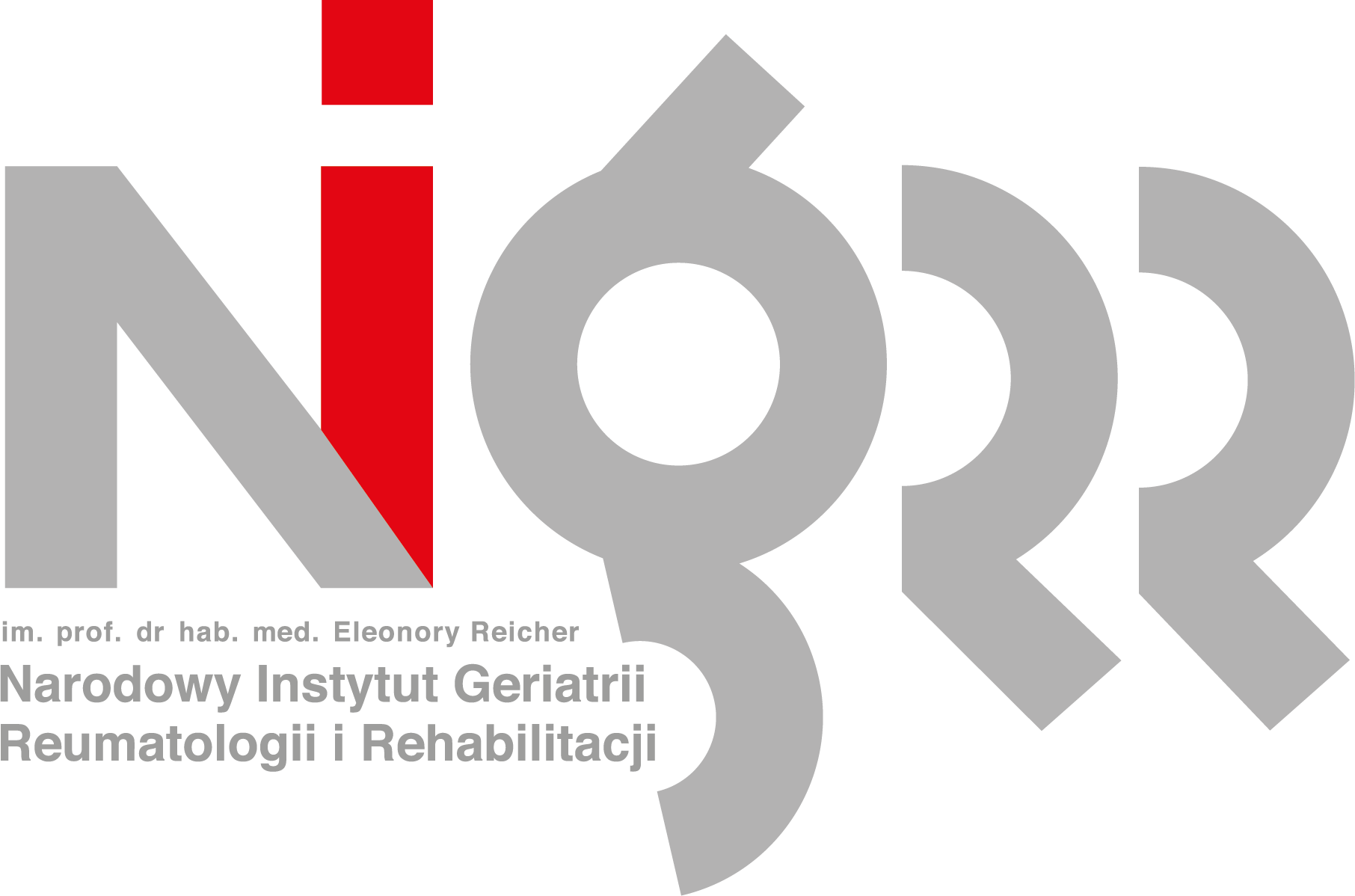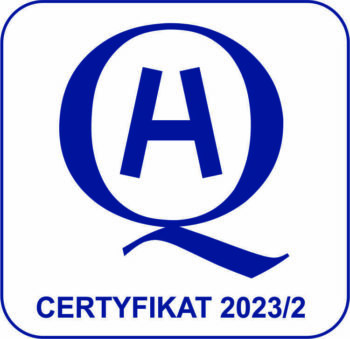
Molecular Biology Department

Assistant Manager: Anna Wajda, PhD
Team: Piotr Piotrowski, Msc, PhD, Barbara Stypińska, Ewa Walczuk, Tomasz Kmiołek, Wiesława Frankowska, Ewa Rzeszotarska
Main tasks, studies realized in our Institute:
- Research on chronic inflammation
- Molecular studies on chronic rheumatic diseases:
- getting to know the nature of the defect of rheumatic diseases and the correlation between the clinical picture and the genotype of the disease
- molecular pathology
- studying microRNA functions, where impaired expression may lead to alterations initiating the inflammation process
- the assessment of the circulating and intracellular miRNA profile in patients with rheumatoid arthritis, systemic lupus erythematosus, MCTD and TU
- studying miRNA interactions: mRNA
- modulations of the balance/differentiation of T cells
- the impact of genetic variants of transcription factors and cytokines on the Treg/Th17 balance
- DNA methylation
- next generation sequencing (NGS)
- personalized medicine – enhancing the knowledge on safe and effective therapy based on genetic backgrounds and epigenetic impacts and consequently development of the new therapeutic strategies for patients with drug resistance/other sides effects.
- Clinical and molecular studies on sarcopenia and frailty syndrome
- We are motivated to develop our own method to diagnose sarcopenia based on clinical examination, genetic and epigenetic findings, functional tests and morphological assessment of ageing striated muscles in the course of sarcopenia.
- The aim of our study is to conduct a screening analysis for the detection of sarcopenia-related microRNA. A miRNA analysis of ageing human skeletal muscles offers a new perspective in learning about the mechanisms of sarcopenia. We are interested in finding out the degree of miRNA importance in maintaining and modulating muscle homeostasis in elderly patients. We assume that changes in miRNA expression can contribute to variability of concentrations of inflammatory cytokines, muscle atrophy-related proteins, and disorders of numerous cellular processes responsible for muscle homeostasis. That is why it could potentially play a significant role in the clinical course of sarcopenia.
- The important and innovative part of our studies is describing in experimental studies the characteristic sarcopenia tissue; evaluate striated muscles in different age groups in order to find signs of muscles atrophy/fatty degeneration; elaborate qualitative and quantitative features to serve as biomarkers for muscle atrophy.
PhDs, postdoctoral degrees, professorships:
- doctoral dissertations – 11
- habilitation dissertations – 2
- professorial titles – 1
Contact:
Scientific Director: Agnieszka Paradowska-Gorycka, Msc, PhD, prof. NIGRiR
e-mail: agnieszka.paradowska-gorycka@spartanska.pl
Assistant Manager: Anna Wajda, PhD
e-mail: anna.wajda@spartanska.pl
Biochemistry and Molecular Biology Department
Spartańska street 1
02-637 Warsaw
phone: +48 22 670 91 90
e-mail address: zaklad.biochemii@spartanska.pl

